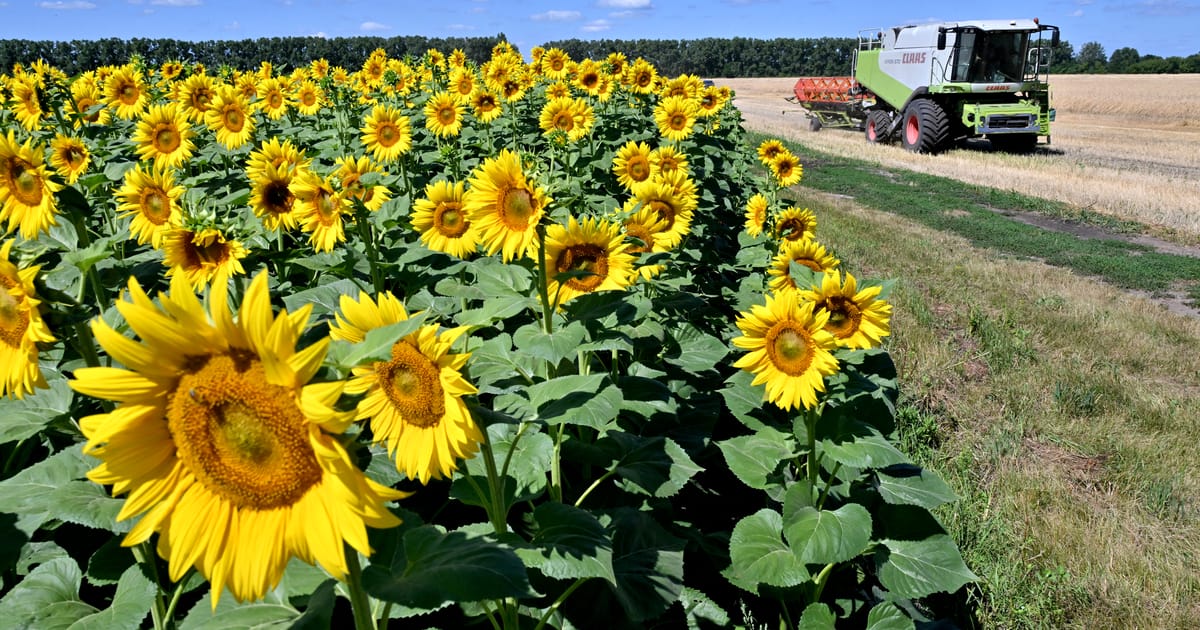“The current measures will fall back anyhow,” Hansen told MEPs in the European Parliament’s agriculture committee. “The Council has been very clear that there is no possibility of the extension,” he added, referring to the position of EU member countries.
Hansen added that the Commission is preparing a new system of tariff quotas, but “not at the same level” as today’s unrestricted access. Still, he argued the outcome would be more favorable to Ukraine than reverting to the preinvasion terms of the existing free-trade agreement.
In 2024, under pressure from EU governments — led by Poland and France — the Commission imposed safeguard caps on a handful of politically sensitive Ukrainian farm exports, including sugar and poultry, even while the broader emergency regime remained in place.
Most of these are part of a group of around 30 Ukrainian agri-food products still subject to tariff rate quotas under the existing EU–Ukraine trade deal. The Commission will now have to decide which of those will remain capped — and whether any others should be further liberalized or newly restricted.
Ukrainian officials and farm groups have warned that letting the current emergency rules lapse without a fallback option could cost €3.3 billion in exports and shrink gross domestic product by 2.5 percent. Kyiv had hoped Brussels would put forward a new proposal ahead of Wednesday’s EU–Ukraine Association Council meeting in Brussels— but with time running out, no draft has emerged.
Hansen will meet with Ukrainian Agriculture Minister Vitaliy Koval Thursday to discuss next steps, according to officials familiar with his schedule.
